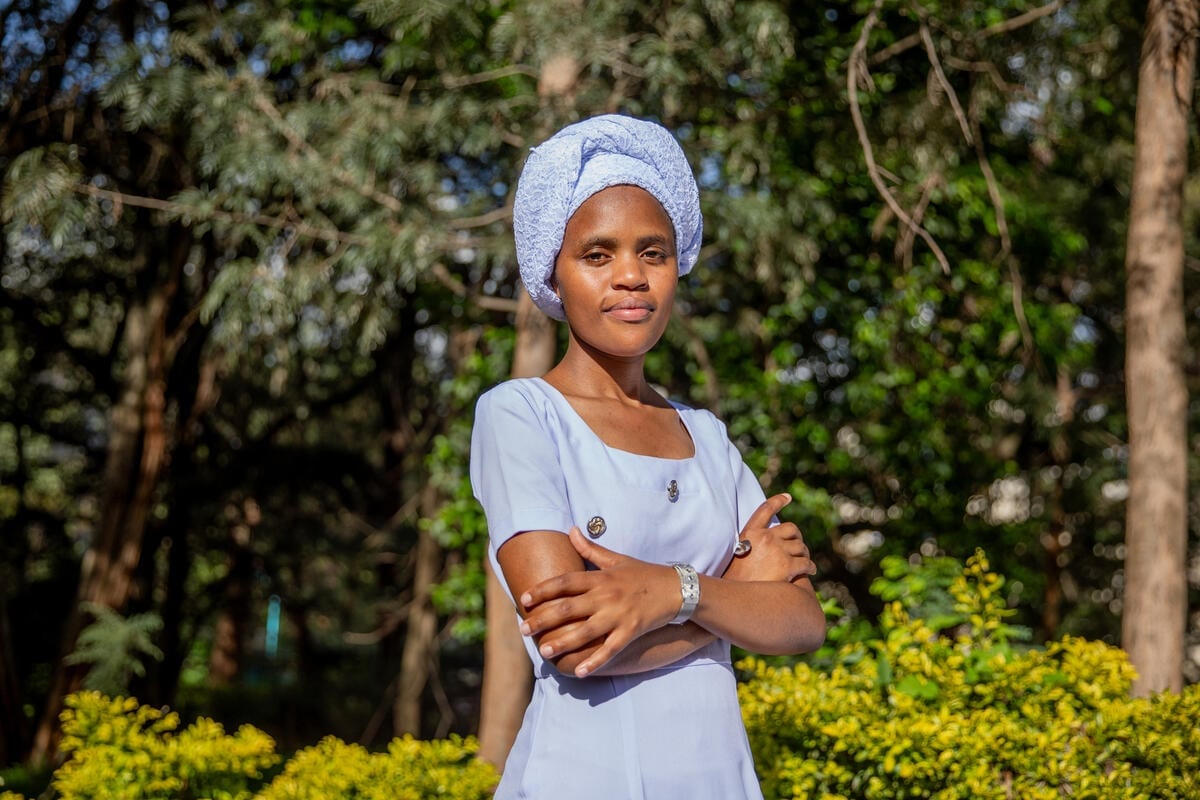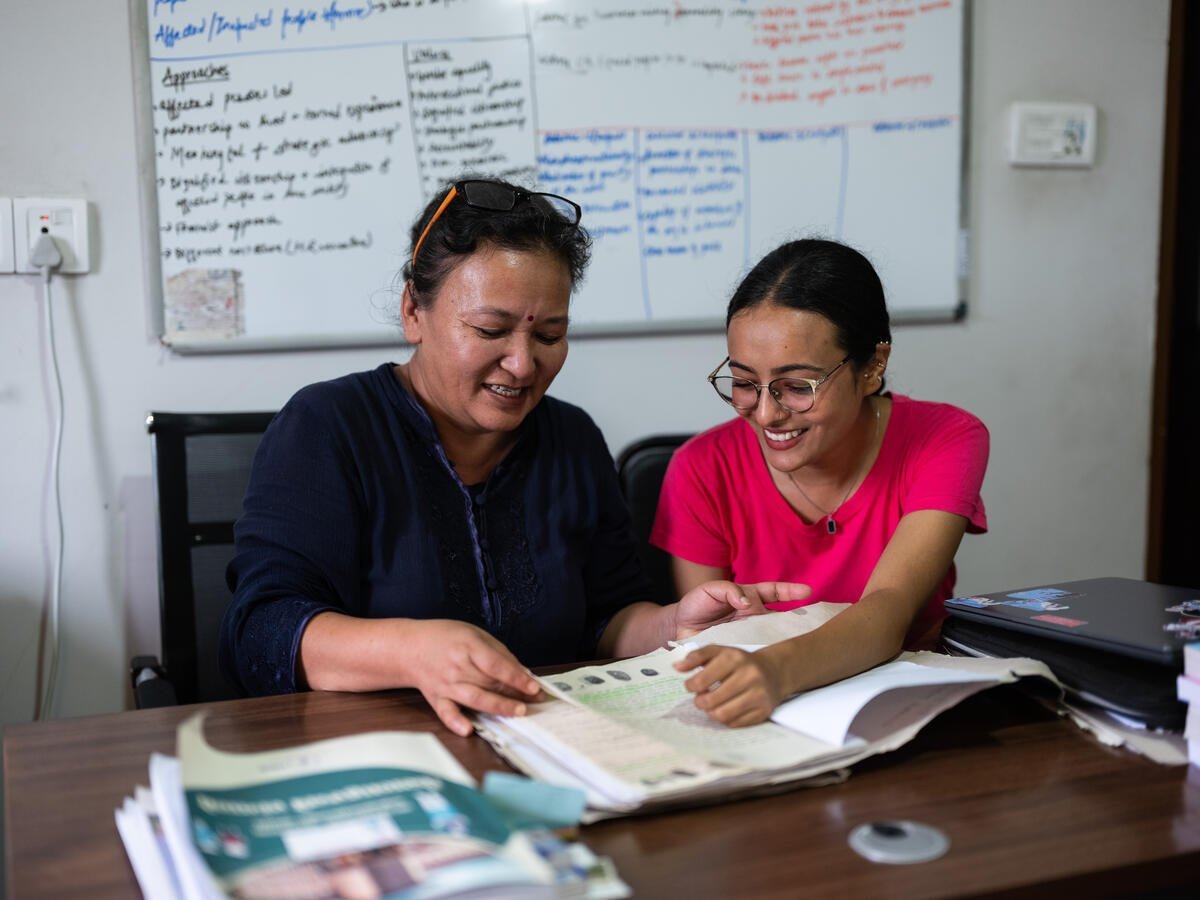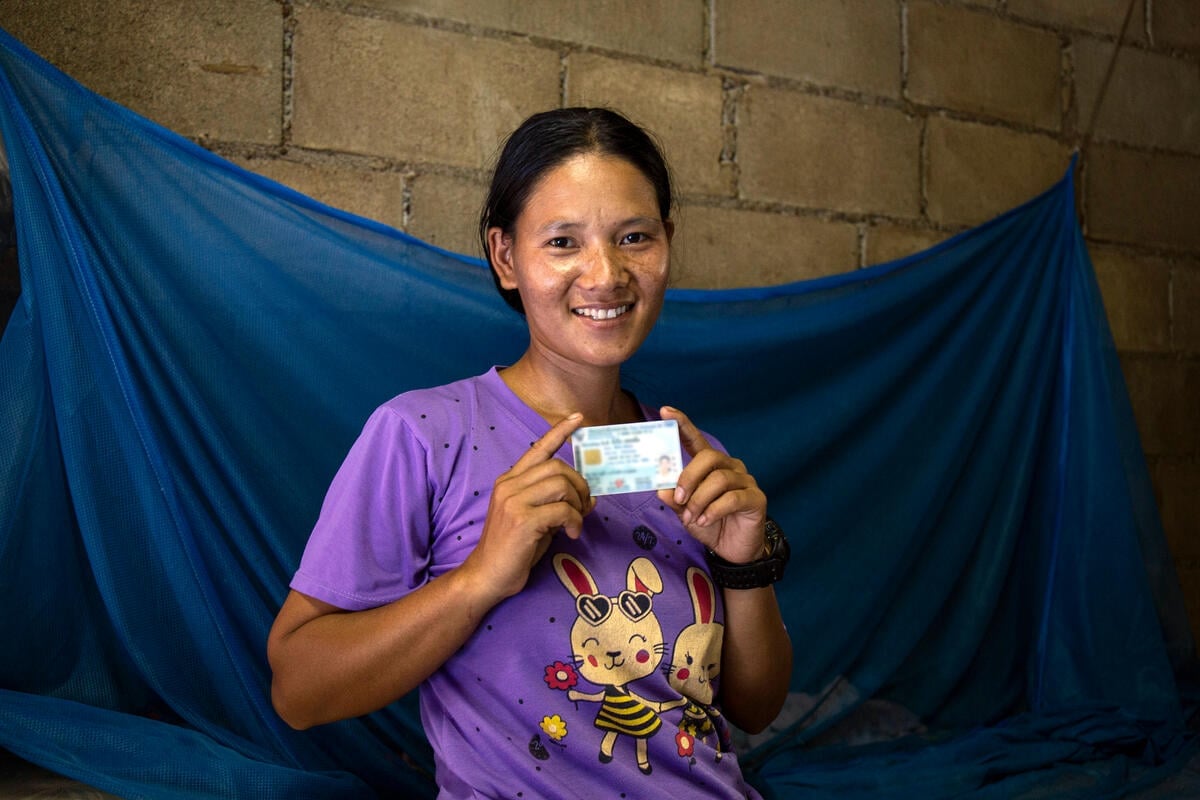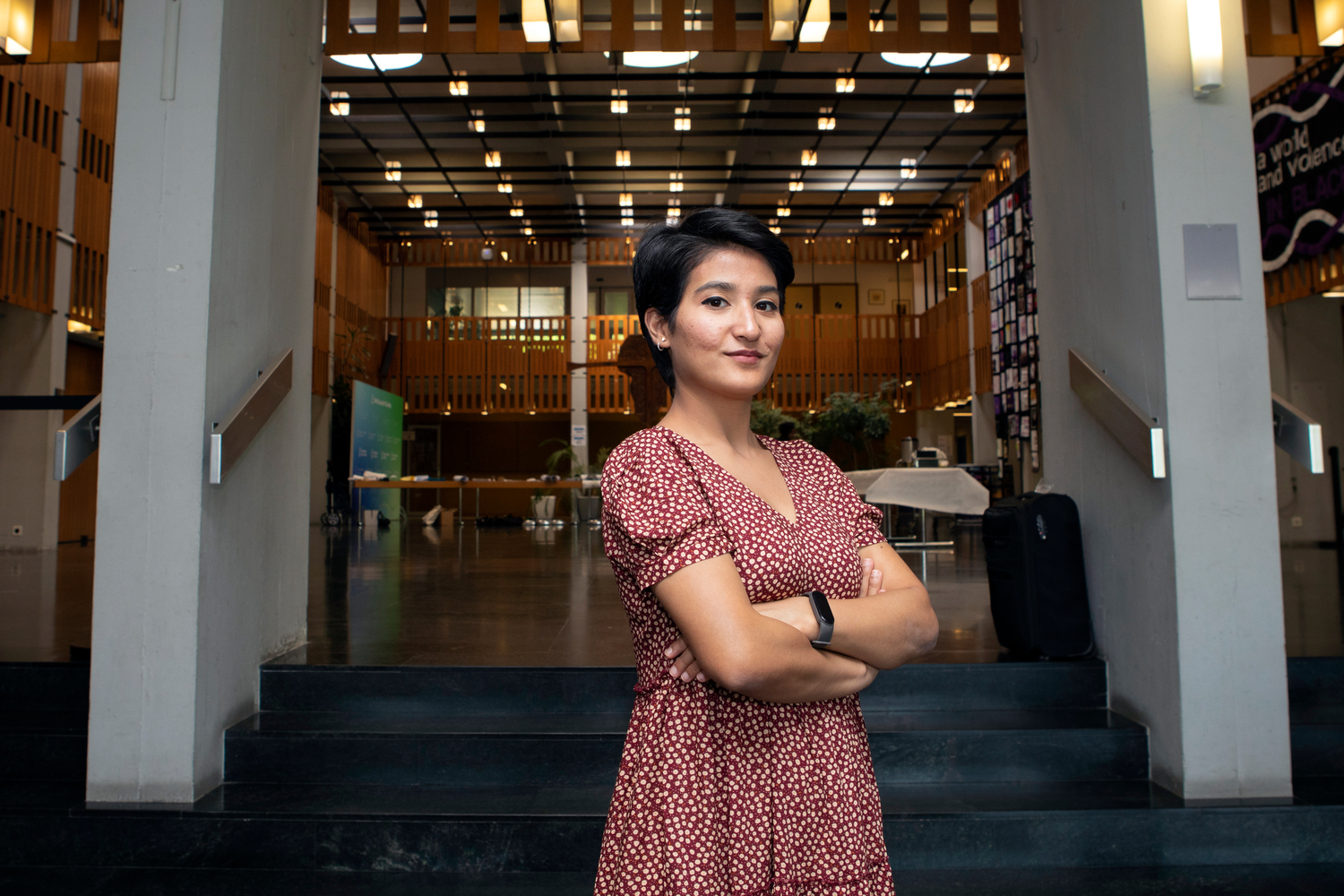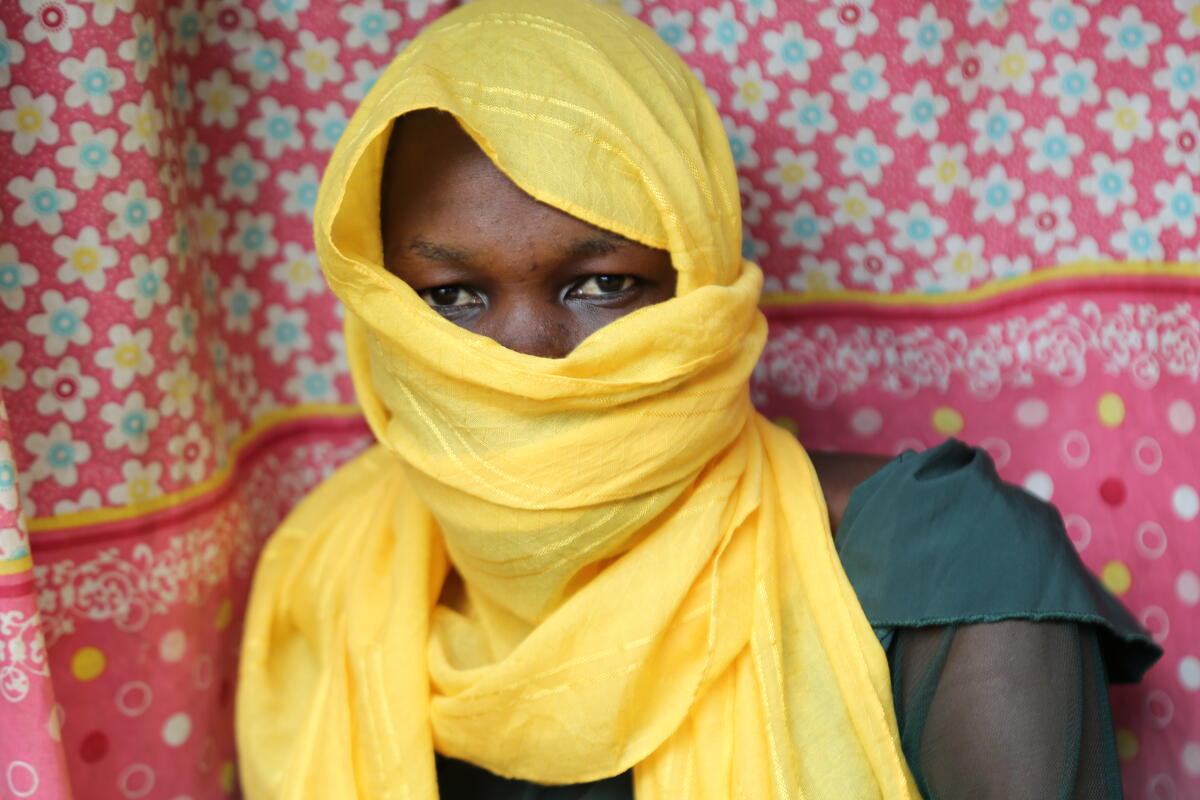Viet Nam sets the pace for Asia with new law to prevent statelessness
Viet Nam sets the pace for Asia with new law to prevent statelessness

HO CHI MINH CITY, Viet Nam, July 1 (UNHCR) - Growing up in her native Viet Nam, Phan Thi Phuong Loan never gave a second's thought to the rights her citizenship conferred. Not, that is, until she married abroad, lost her citizenship, came back home and entered the twilight world of the stateless.
Loan, 40, is one of thousands of Vietnamese women who became stateless in the last 15 years when they married foreign men - usually from Taiwan, South Korea or China - almost always for economic reasons. In most cases they were compelled to give up their Vietnamese citizenship, but if the marriages collapsed, they ended up back in the country of their birth without any legal status.
On Wednesday, Viet Nam was set to enact a law that will keep women like Loan from falling into this trap in the future. In addition, Vietnamese authorities have been working hard over the last few years to help the stateless economic brides get their citizenship back.
Taiwan required such brides to renounce their Vietnamese citizenship to be naturalized there, but often the marriages failed before they could acquire the new nationality. The new law does not allow a Vietnamese person to renounce citizenship until the person has acquired another nationality, and also permits dual citizenship.
"I know about the new law," Loan says, sitting in her aunt's home over a sewing-machine shop. "I have been reading about it very carefully in the newspapers. It will be very helpful to a lot of women still in Taiwan. Many women there have a much worse life than I did."
Loan felt the pressure of being an "old maid" when she still hadn't found a husband at the age of 27, so she married an older Taiwanese man who promised her a ticket out of poverty.
The marriage foundered on economic woes, linguistic confusion, in-law problems and cramped living quarters. The final blow came when Loan gave birth to two daughters, not the sons her husband desperately wanted. As she tells it, he brought her back to Viet Nam to give birth the second time and then deserted her, leaving her stateless and adrift.
Between 1995 and 2007, some 144,000 Vietnamese women married foreigners, according to Vietnamese government statistics. An official survey in 2005 showed that about 10 percent of the women married in Taiwan got divorced within three years, almost all of them ending up stateless.
When Loan came back, she says she was offered several good jobs, including one as a nurse, but they all fell through because she no longer had Vietnamese citizenship. Her older daughter could not attend a free state school.
... the Vietnamese government has taken a look at unforeseen consequences of its nationality legislation and has taken action to address these gaps ... this demonstrates leadership in Asia.
Mark Manly, UNHCR Statelessness Unit
It took Loan more than two years of running from office to office to get citizenship for all three of them. It also cost her about US$1,000 to pay all the fees - a hefty sum for someone who only makes US$10 a day as a cleaning lady.
But it was well worth it, she says in the crowded bedroom-cum-living room she shares with her daughters, now aged nine and six. "Now we are like other Vietnamese," she says. "We don't have any worries about our legal status. My children can go to state schools and we can buy social insurance and health insurance, which was not the case before. Now I can own a motorcycle."
Vu Anh Son, UNHCR's chief of mission in Viet Nam, worked closely with the government to make sure the UN refugee agency's concerns for resolving and preventing statelessness were reflected in the new nationality law. "I'm glad that Vietnamese women who marry abroad will never have to become stateless again," he says.
"Statelessness is incredibly traumatic and stateless people are at greater risk of exploitation and human rights abuse, so prevention is the best possible response," says Mark Manly, head of UNHCR's statelessness unit in Geneva.
"It's very clear the Vietnamese government has taken a look at unforeseen consequences of its nationality legislation and has taken action to address these gaps," Manly added. "This demonstrates leadership in Asia."
Even so, Loan feels that at 40 it may be too late to get her life back on track in a country she says prizes youth. "I wish there had been a law like this when I got married," she says tearfully. "Then I could have returned to Vietnam without any worries. I could have returned to my company and could be earning a much better income for myself and my children. Now it's difficult for me to get a job in a company because companies require younger workers with better education. Now I will just devote the rest of my life to my two children."
By Kitty McKinsey In Ho Chi Minh City, Viet Nam


